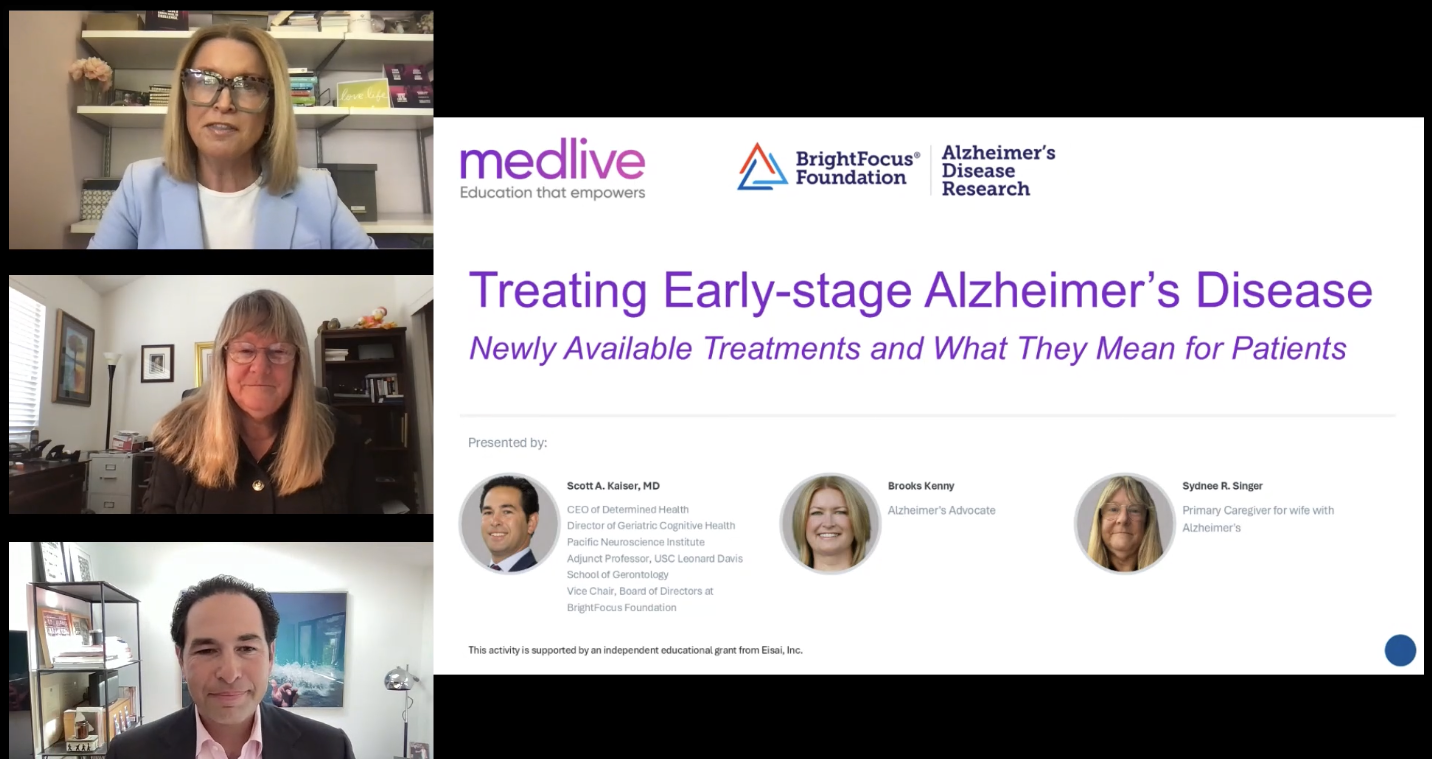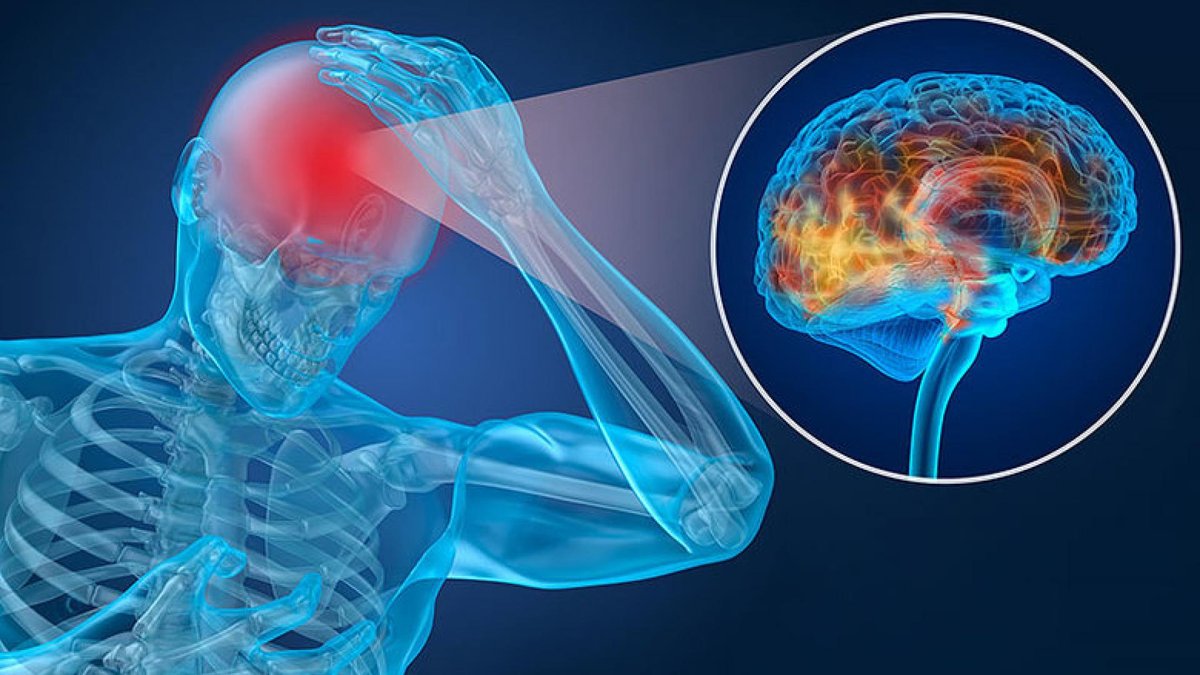
Persons with Alzheimer’s disease or other dementias can sometimes experience hallucinations or delusions. With either of these, they are not experiencing things as they actually are. As caregivers we can compassionately respond when we understand these symptoms.
The Difference Between Hallucinations and Delusions
- Hallucinations are defined as false perceptions. They are very real to the person experiencing them. One example is seeing bugs crawling on the floor, though they are not there. Nothing you say to the person having that experience will convince him/her otherwise.
- Delusions, per the National Institute of Health, are strongly held fixed beliefs or opinions not based on evidence. These false beliefs and opinions can be about people or things. They can also be about the person with dementia. Some common types of delusions include stealing, believing there is an intruder, and infidelity. Paranoia is a form of delusion.
When This Happens, What Do We Do?
If you are a caregiver and your loved one is seeing bugs that you do not see, or accusing you of stealing something, it is human nature to respond with “What bugs?” or “I didn’t steal anything.” Remember though, that your loved one’s behaviors are likely coming from changes in the brain related to the Alzheimer’s or dementia. Becoming dismissive, defensive or arguing your point will not be effective.
Top 5 Tips for Managing Hallucinations and Delusions
The following five tips are more effective ways to manage a person with Alzheimer’s or other forms of dementia when they are experiencing hallucinations and delusions:
- Remain calm and resist any urge to argue.
- Provide reassurance, understanding, and concern. Underlying your loved one’s reactions are feelings of fear. Look beyond their words for the emotion, and provide validation by acknowledging their fear. An example of a validating statement might be, “That must be scary to think someone is in the house with you.” With this response, you acknowledge your loved one’s fear.
- Investigate the immediate environment. Sometimes the cause is in the immediate environment. Having acknowledged their fear with your reassurance, determine the cause. Are they seeing something that you just do not see? Find out where and what it is. Are they seeing it at a certain time of day? Perhaps the lighting through the window at a certain time of day creates a shadow, which can be eliminated by closing the drapes at that time of day, or spending that time in a different room.
- Use distraction. Are the people on a favorite TV show now in their bedroom? Have there been violent or upsetting shows on TV when your loved one is in the room? Keep the TV off, and plan another activity for that time of day. What other activities do they like? Some common distractions include taking a walk, doing puzzles, playing cards, and looking at photos.
- Evaluate for other medical causes. Consult with your loved one’s physician, as there could be other medical reasons. While your response to the immediate hallucination or delusion would remain the same, follow up with your loved one’s physician to rule out any underlying medical issues. Some other medical causes that can cause hallucinations or delusions include dehydration, urinary tract infections, kidney or bladder infections, or pain. If your loved one recently started a new medication, report any changes in their behavior to the doctor.
No Matter Who We Are, We Just Want to Feel Understood
Whether the cause of the hallucination or delusion is related to one’s Alzheimer’s or dementia, or to another medical issue, the way to respond remains the same—respond to the feeling, and acknowledge what they are experiencing. It is always true that we just want to feel understood.
About BrightFocus Foundation
BrightFocus Foundation is a premier global nonprofit funder of research to defeat Alzheimer’s, macular degeneration, and glaucoma. Through its flagship research programs — Alzheimer’s Disease Research, Macular Degeneration Research, and National Glaucoma Research— the Foundation has awarded nearly $300 million in groundbreaking research funding over the past 51 years and shares the latest research findings, expert information, and resources to empower the millions impacted by these devastating diseases. Learn more at brightfocus.org.
Disclaimer: The information provided here is a public service of BrightFocus Foundation and is not intended to constitute medical advice. Please consult your physician for personalized medical, dietary, and/or exercise advice. Any medications or supplements should only be taken under medical supervision. BrightFocus Foundation does not endorse any medical products or therapies.
- Lifestyle










